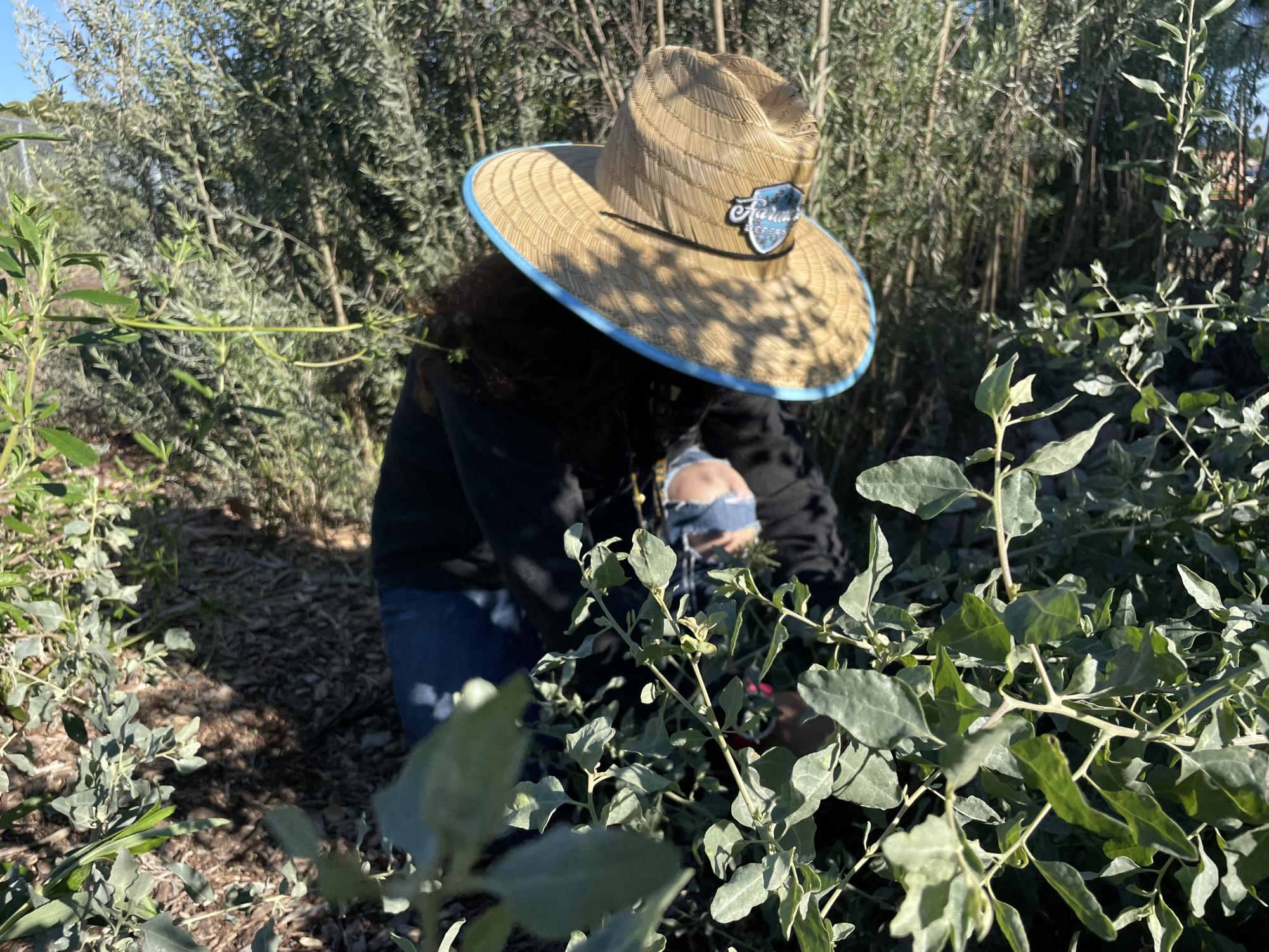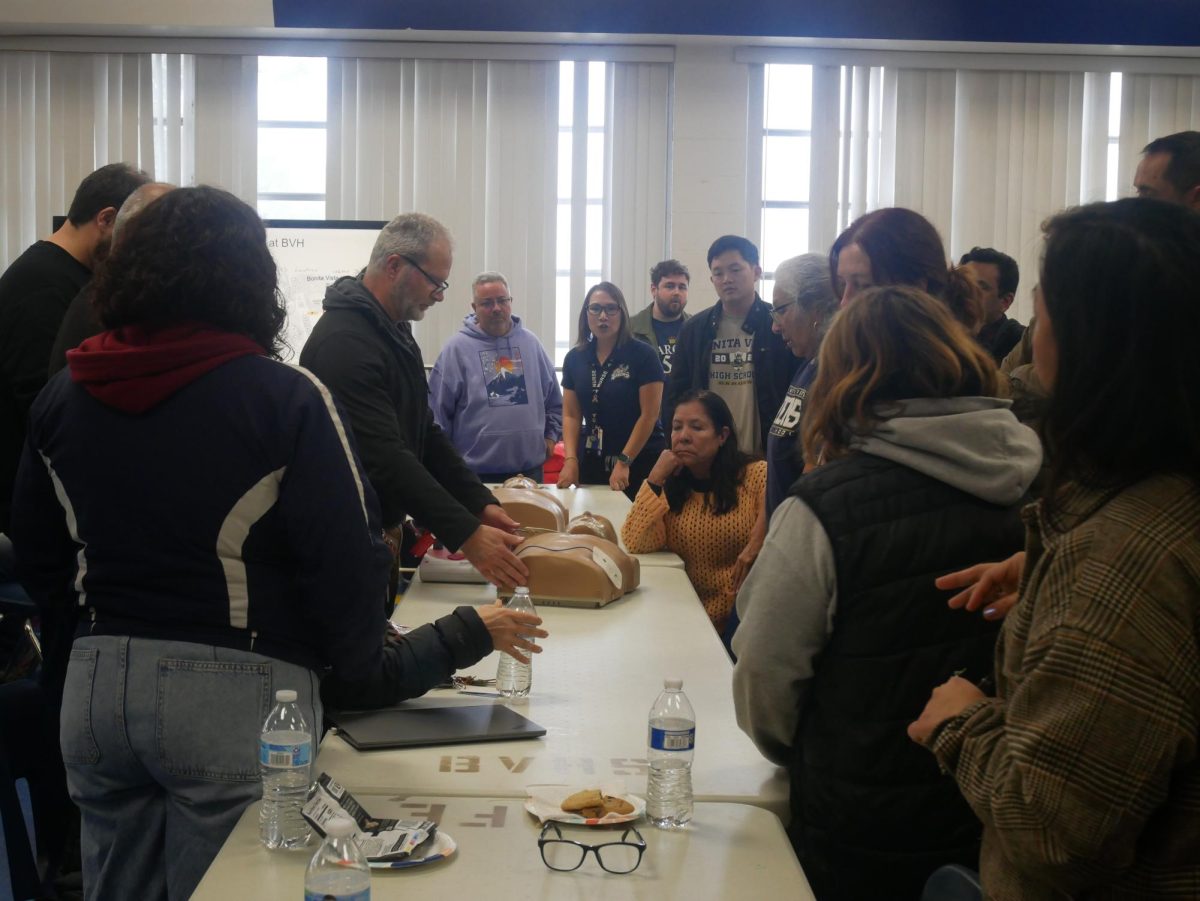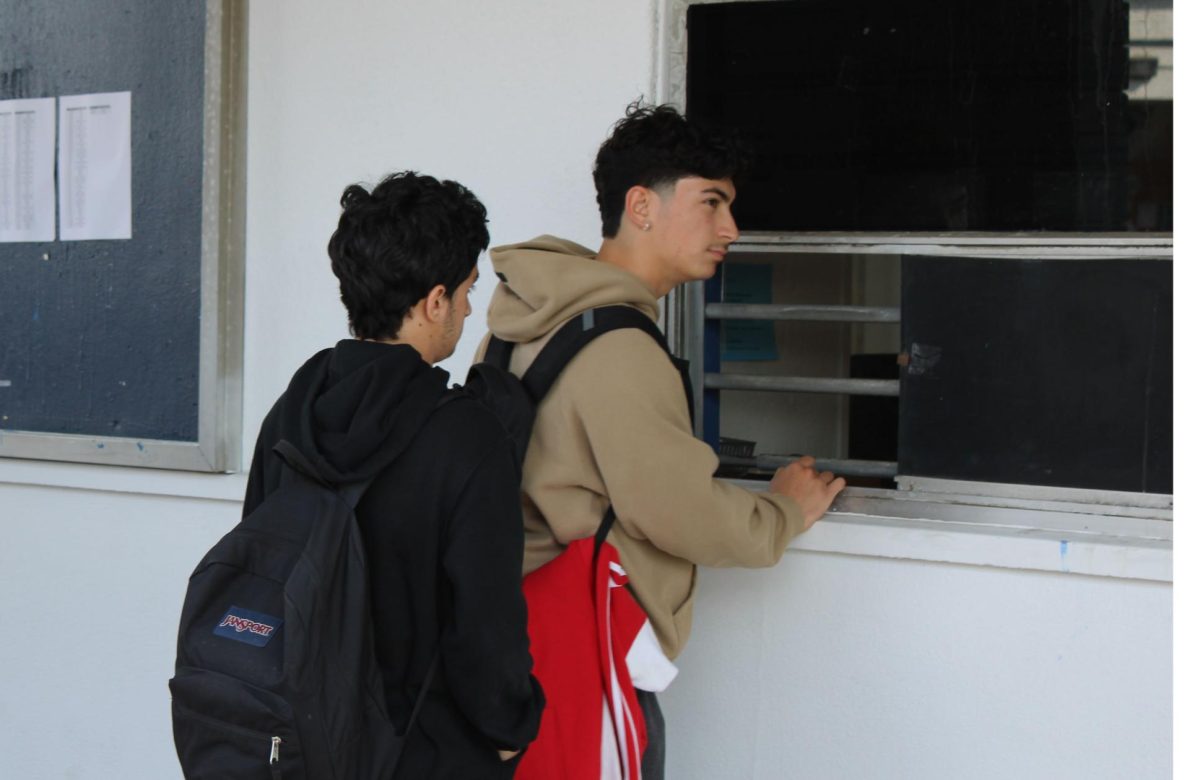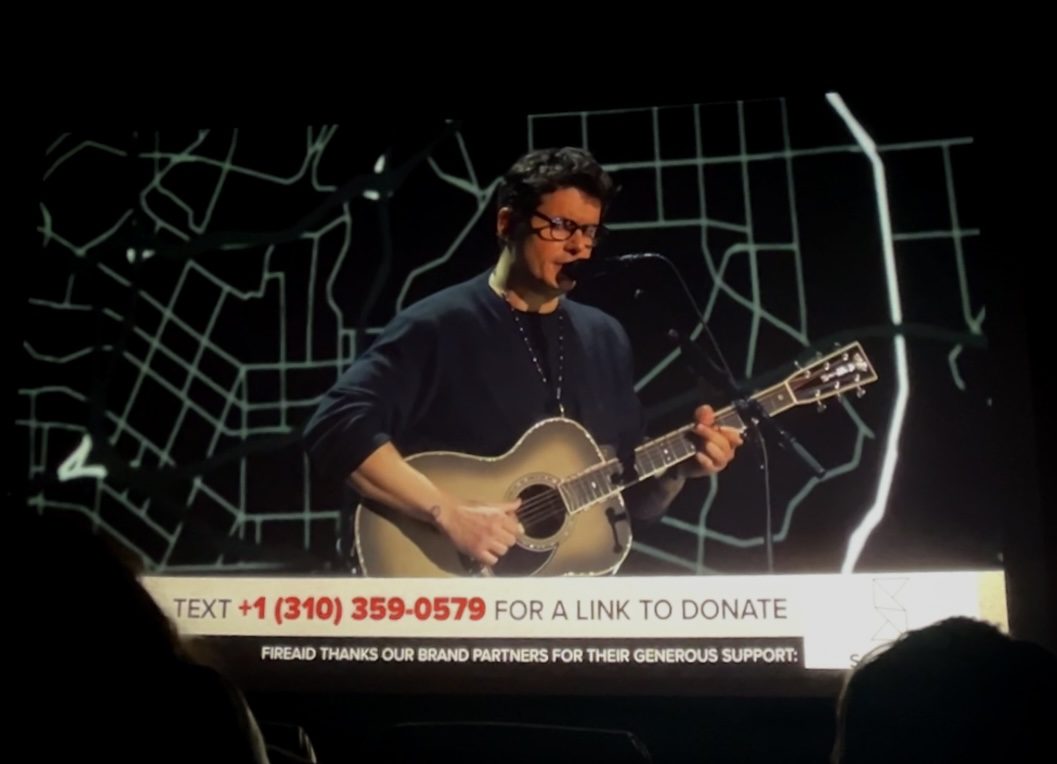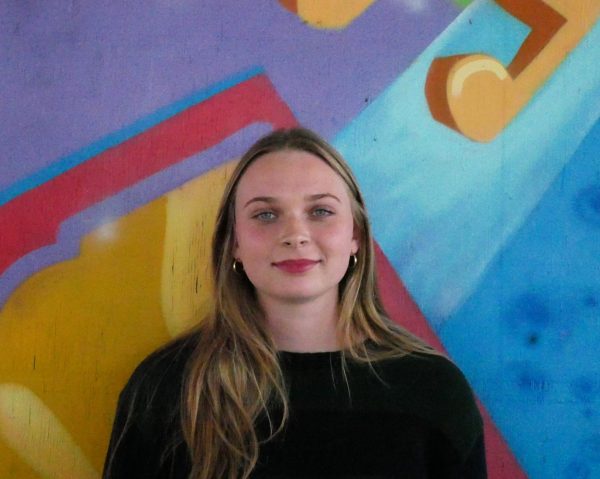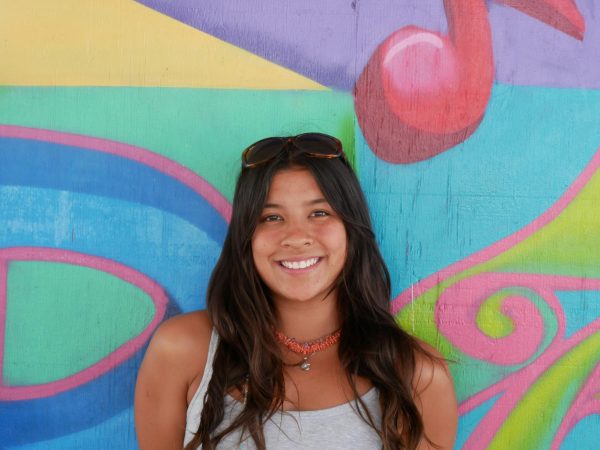Bonita Vista High (BVH)’s campus consists of various types of plants that illuminate and add character to the school’s architecture. During this school year, Biology, Advanced Placement Environmental Science (APES), International Baccalaureate (IB) Environmental Systems and Societies (ESS) teacher Jennifer Ekstein has brought up the idea to construct a fruit garden for the Special Education department at BVH. The garden will not only be for the Special Education department, but for anyone interested. The garden will provide students opportunities who are interested in gardening and for those who want to get more involved within the school.
“There are action plans from California where you grow your own food and then students [have the opportunity to] eat the food. [The Sweetwater Union High District (SUHD)] is involved in the California Farm to School Incubator Grant (CDFA) and I was put on the grant, so BVH is [able to have] a community farm,” Ekstein said.
The fruit garden is contrary to the other plants on campus because of the need for a grant. One of the gardens that is on campus is the butterfly garden which consists of plants and flowers largely taken care of by Ekstein. With this in mind, the Special Education department wanted to be a part of a garden for their students to learn hands-on projects. BVH Special Education Health Care Assistant Abraham Andrade mentions the excitement from his students because they are able to eat the plants they are growing.
“The garden is mostly vegetables and food. For example, we had just grown watermelon and the students cut it up and they loved it. It is great to have something [for the students to have for] themselves and grow. For them to be able to eat it, excited them for the future garden,” Andrade said.
Moreover, BVH students have also been assisting Ekstein and Andrade with the concept of the garden. Within numerous of the subjects that Ekstein teaches, the students are involved within the garden and pitch outlines for the project. Students are able to add their own input on the garden of what plants they would like to grow.
“IB ESS, APES, the green team club and the Special Education Program will be involved. There will be community service, so students who are interested in gardening and farming can be a part of the garden,” Ekstein said.
Ekstein shares that the garden can be open for students interested which helps Ekstein get students ideas and the opportunity to be a part of the school and enjoy BVHs opportunities while receiving community service. BVH Instructional Health Assistance and Teacher Aid for Special Education, Bryan Hyder shares that his biggest takeaway from the garden is the access to food for students to be able to eat.
“The exposure would be one of the biggest things I am looking to get out of [the soon to be garden] and the food. If we are taking care of a fruit garden and a student comes to school hungry, there will be food there. They can grab [something and] eat it. If a student is hungry at school, they [may have trouble with] studying well, so they can grab what [the garden is] growing and that can help,” Hyder said.
Not only is the food a prime expectation for the garden, but also being able to get students involved and maintain the garden as well. The grant that the (SUHD) gave BVH can also be extended to the butterfly garden that is located at the back of the school to provide opportunities to produce a farm of fruit for the students.
“We are going to put a garden where the turnabout is for the Special Education area, but it is a continuation grant because we are going to be strengthening our pollinator garden because that is important. The grant will reach into the [butterfly garden] to strengthen, maintain, and plant more pollinators to help the fruit garden,” Ekstein said.
The butterfly garden that is on campus, is a plant based garden that has no plants for food. However, the fruit garden is mainly agriculture that will be used in the cafeteria for students. The garden will be made from recycled materials that were from the Special Education classrooms which will reduce the cost if it was all store bought materials.
“The garden is going to be all agricultural, so all of the beds for the plants are going to be filled up with old wood, there will [also] be scraps of produce from the [Special Education classroom] kitchen and from then we are going to start planting and growing the food,” Andrade said.
Gardening for the students gives him something to feel excited about and enjoys the feeling of getting something out of it. Growing an agricultural garden has a sense of satisfaction as it allows BVH to receive food after hard work. Continuing to follow through on the garden has a given sense of excitement to a part of the community.
“It is a feeling of accomplishment, but also a feeling of looking at what we did. You get the gratification of being able to follow through and finish something, but also get the gratification of taking care of it and receiving food. It is a circle of life thing to me and it [has] a lot of benefits like eating for free, saving money and having a system of [that generates] accomplishment. It is healthy and relaxing and it is hard to do both of those things at once,” Hyder said.


